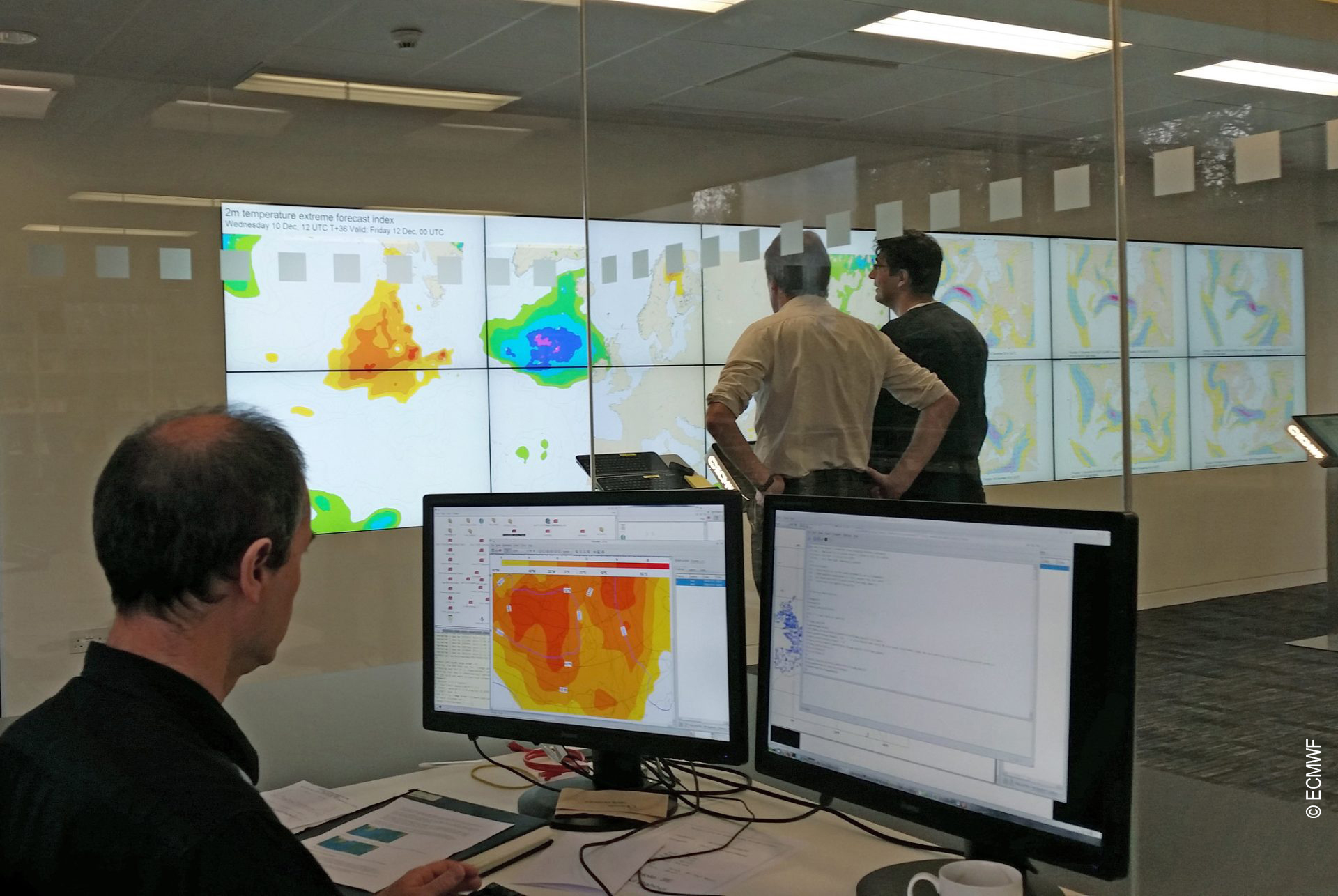
Florian Pappenberger – More than better weather forecasts: The future of earth system prediction and impact-based warnings
CESOC kindly invites to another Colloquium given by
Florian Pappenberger, Director of Forecasts
European Centre for Medium-Range Weather Forecasts (ECMWF)
Reading, UK
Date: 31 January 2023,
Time: 16:00 CET
Location: Lecture Hall 16 (HS XVI), Nußallee 17, 53115 Bonn
————————-
abstract:
More than better weather forecasts: The future of earth system prediction and impact-based warnings
Florian Pappenberger
Forecasts and simulations of the earth system have tremendously improved over the past decades. We can predict the weather further in advance than ever before, we can forecast river levels on time scales never seen before and we can anticipate storm surges long before they batter our coasts. Moving towards an earth system modelling approach, which integrates and dynamically feedbacks, between atmosphere, land, ocean and ice, allows many of these issues to be addressed head on. But this approach comes with several challenges.
Firstly, it requires a huge step up in computing resources. There are also other difficulties with the increasing heterogeneity of hardware infrastructure that we run our models on. There is therefore an urgent need to make forecasting model codes adaptable to future computer technologies and designed around data centric workflows.
Secondly, uncertainty remains an important focus in weather forecasting; a forecast system will always be imperfect. Despite many improvements over this past decade, the advantage of post-processed NWP outputs over raw model outputs remained constant or increased in some locations. Moving to higher resolution and implementing better representation of processes requires adequate observations to constrain the higher degrees of freedom which can stem from them.
Finally, forecast system design is constrained by resource limitations and balancing scientific and technical aspects is not always straightforward. There will be trade-offs between data assimilation, run time, size of the electrical group on HPC, number of ensemble members, competing forecast systems on the same HPC, running time step, archiving time step, speed of file system etc.
